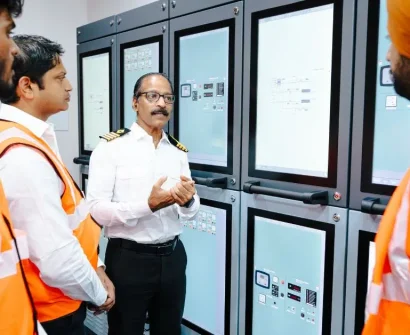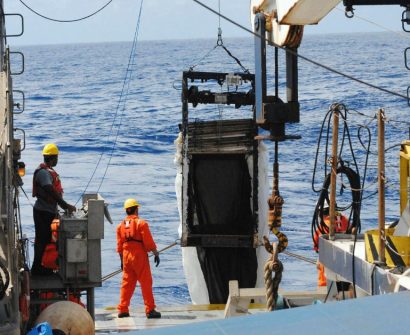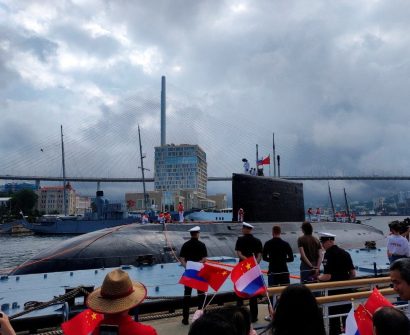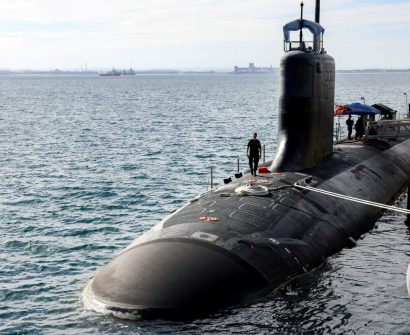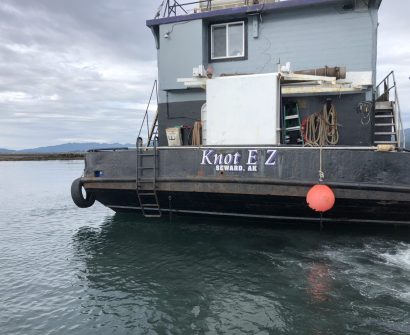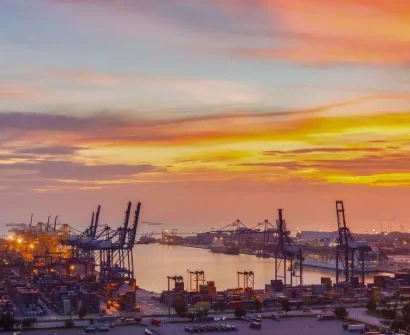“You Can’t Hide in Our Waters Anymore” — Malaysia Cracks Down on Illegal Anchoring and Ship-to-Ship Transfers
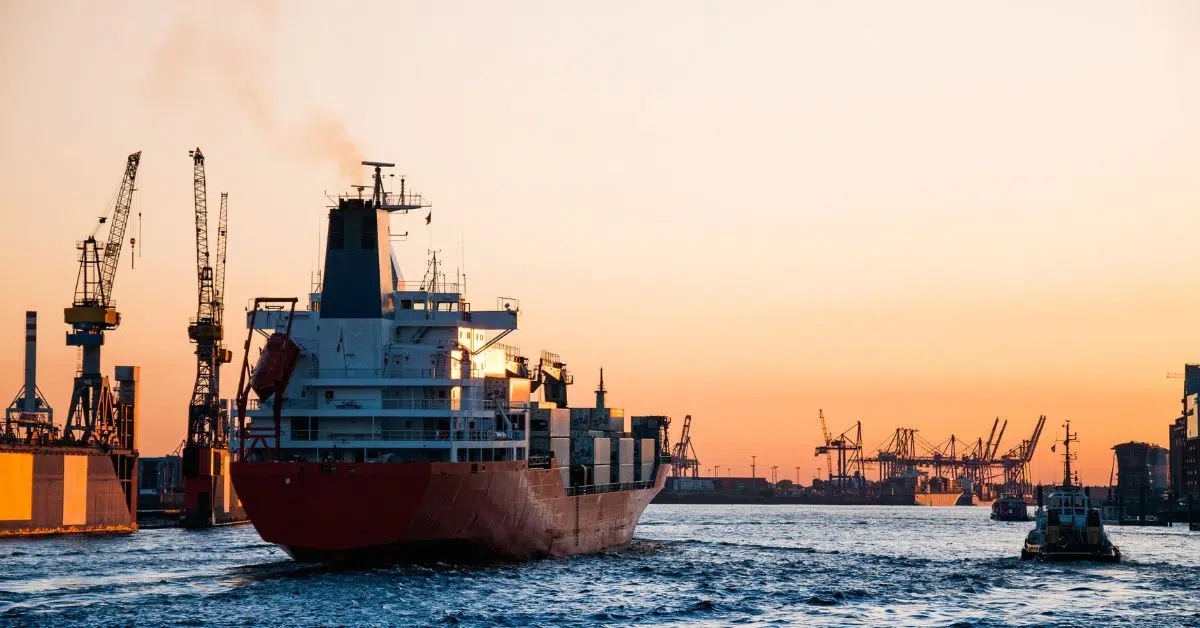
✅ What Happened — In 3 Key Points:
New Regulations: Malaysia now requires all vessels anchoring near the Singapore Strait to obtain dual permits and keep AIS always active.
Strict Enforcement: Vessels found without permits or with AIS off risk detention; recent cases included tankers with undocumented crew.
Targeting Shadow Trade: Focus is on preventing shadow tankers linked to Russia and Iran from conducting covert STS operations in Malaysian waters.
A Regional Transit Zone Under Pressure
With its proximity to the busy Singapore Strait, Malaysia has long been a hotspot for maritime activity. But that convenience has also attracted covert trade — particularly illegal anchoring and unauthorized ship-to-ship (STS) transfers.
In response, the Malaysian Marine Department has rolled out strict new protocols, effective from end of July 2025, to restore order and sovereignty over its waters.
These are not just guidelines — they are firm orders with enforcement power.
What the New Rules Require
1. AIS Must Stay On
Ships entering eastern Malaysian waters near the Singapore Strait must keep their Automatic Identification System (AIS) active at all times. Authorities will monitor “dark ships” that switch off signals — a common tactic to avoid detection.
2. Dual Permits & Pre-Approval
Vessels intending to anchor must:
- Submit a formal anchoring plan
- Receive dual permits approved by the Marine Department
Only after these steps can a vessel anchor legally in designated areas.
3. On-the-Water Vigilance
The Malaysian Maritime Enforcement Agency (MMEA) has increased patrols, with orders to detain vessels lacking proper documentation or permit approvals.
Recent Detentions Highlight Real Threats
Authorities have already taken action:
⚓ July 11, 2025 – Illegal STS Operation
- Two tankers found alongside each other in eastern waters
- Crews: Mix of Indonesian, Indian, Vietnamese, and one Myanmar national
- Seized: 169,000 litres of diesel oil
- Several crew had no valid identification
⚓ Barbados-Flagged Tanker Case
- Vessel detained off Batu Pahat for illegal anchoring
- 18 crew members — all Indian nationals
- Ship arrived from Dubai, destined for Vietnam via Melaka
- Cargo: 6,894 tonnes of tar
- No anchoring permit obtained
These incidents underline the ongoing risks — not just to enforcement integrity, but also to safe shipping standards in one of the world’s most congested maritime corridors.
Focus on Shadow Tankers
Malaysian waters, especially east of Peninsular Malaysia, have been increasingly used by shadow tankers — vessels operating under obscure flags, often associated with Iranian or Russian cargoes.
These ships frequently:
- Anchor without notice
- Conduct STS transfers in secret
- Operate with mixed or undocumented crews
The government’s latest move aims to close the door on this black-market loophole before it endangers regional stability or marine safety.
The Wake Left Behind
While the new rules may slow down legitimate operations, the bigger goal is clear — stop illegal fuel trade and enhance maritime safety.
For shipowners and charterers, this is a sharp reminder:
Transparency is no longer optional.
AIS gaps, missing permits, or vague voyage plans can now lead to full detainment, lost cargo time, and even legal prosecution.
Port agents and vessel operators must now coordinate before entry, not after the fact.

